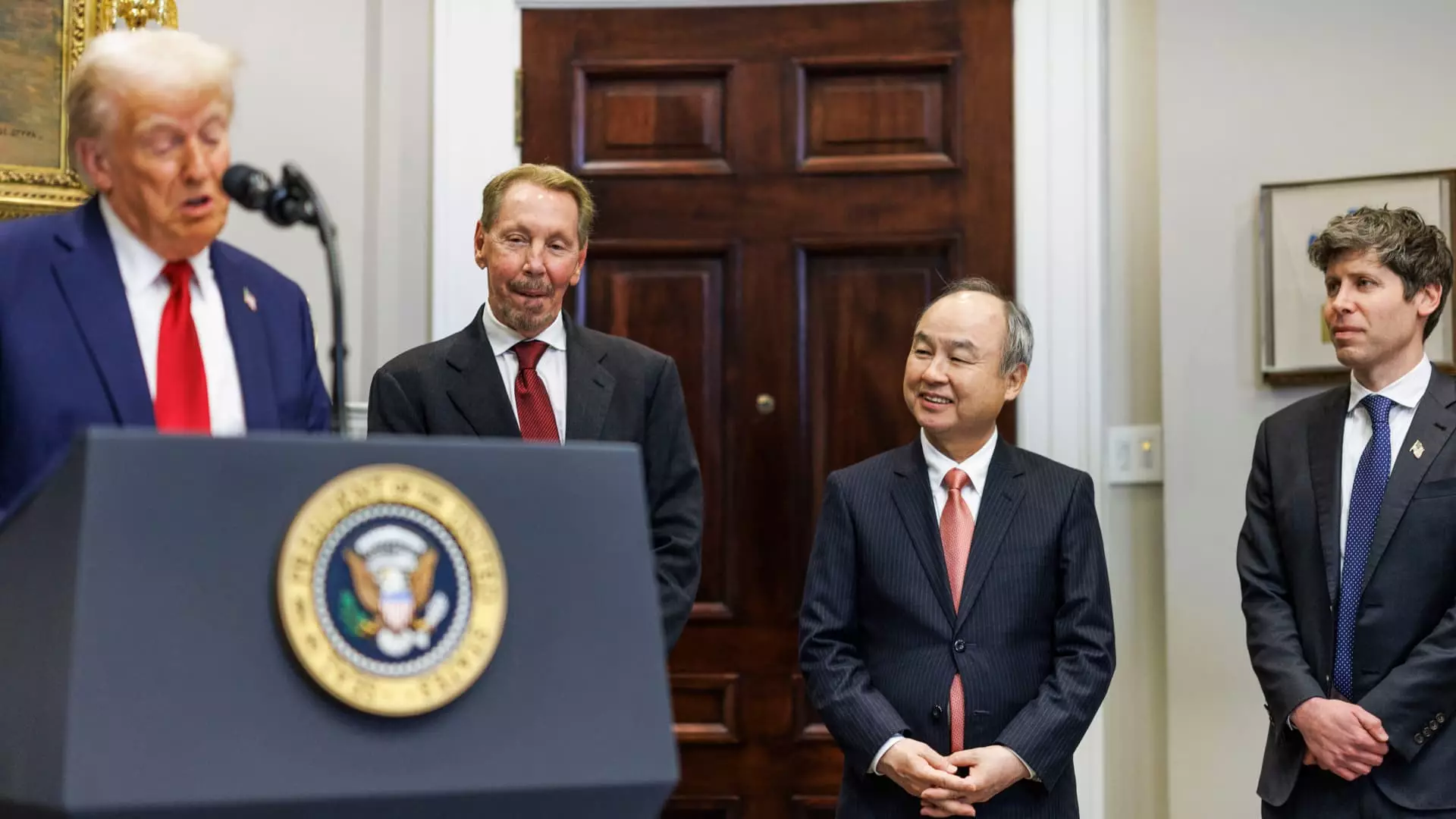The relationship between Microsoft and OpenAI has long been one of the most scrutinized partnerships in the tech industry, particularly in the realm of artificial intelligence. As the landscape evolves, recent shifts indicate a significant change in the dynamics between the two entities, highlighting both the progress and challenges they face. While Microsoft remains a key player, the emergence of other competitors and partnerships could reshape the future of AI development.
Microsoft’s decision to relinquish its exclusive status as the sole provider of computing capacity for OpenAI marks a pivotal moment in the partnership. The tech giant has been invested in OpenAI since 2019 and has consistently positioned itself as an integral player in the AI space. However, the announcement that OpenAI will now seek additional capacity elsewhere demonstrates the startup’s expanding ambitions and possibly a desire for greater autonomy. The transition reflects the reality that in the fast-paced world of technology, relationships must evolve to adapt to market demands.
Although OpenAI has announced that Microsoft will retain the “right of first refusal” when it comes to additional computing needs, this change indicates a shift toward a more competitive landscape. OpenAI’s decision to explore options beyond Microsoft’s Azure cloud platform reveals an effort to diversify its resources, leveraging relationships with new partners like Oracle. This strategy may be essential for OpenAI to keep pace with its growing computing requirements.
The recent announcement of the Stargate Project—which involves collaboration between OpenAI, Oracle, Softbank, and others—underscores a larger trend toward strategic alliances in the AI sector. This joint venture aims to invest significantly in AI infrastructure within the United States, signaling a renewed commitment to innovation. With an initial investment pledge of $100 billion, there is potential for exponential growth and opportunity in the AI domain.
The project highlights the emergence of Oracle as a “key initial technology partner.” Under the leadership of Larry Ellison, Oracle has made a concerted effort to position itself more prominently in the cloud market, traditionally dominated by giants like Amazon and Microsoft. The construction of massive data centers further emphasizes a commitment to AI development while challenging Microsoft’s previously unchallenged authority in the sector.
The financial backing for such ambitious endeavors demonstrates the recognition of AI as a critical driver of future economic growth. While Microsoft continues to be a substantial player, supplementing OpenAI’s growth through high-level investments and infrastructure support, the simultaneous collaborations with companies like Oracle suggest a reshaping of resource allocation in the industry. The competitive environment now demands that partnership dynamics not only contribute capital but also foster innovation.
In addition to its longstanding commitment, Microsoft reported that OpenAI would be increasing its consumption of Azure, further indicating the complexities of a dual approach to resource financing. The solidifying bond between OpenAI and Oracle serves as an example of how many players are vying for a cake that is becoming increasingly larger yet more competitive.
An intriguing aspect of this evolving relationship pertains to intellectual property rights. Microsoft retains the rights to utilize OpenAI’s technology in products like Copilot, which retains value in its own right. However, the potential conflict arises as Microsoft has begun to regard OpenAI as a competitor, illustrating the inherent tension in partnerships that blur the lines of collaboration and rivalry. CEO Satya Nadella’s acknowledgment of the increasingly ambitious vision of OpenAI indicates that Microsoft must find a way to balance its position as a collaborator while successfully competing against its ally.
As the technologies and partnerships in the field of artificial intelligence continue to evolve, the future of Microsoft and OpenAI’s relationship remains uncertain yet brimming with potential. While their bond has strengthened over the years through mutual investments and collaborative projects, the emergence of new competitors signals that the landscape is in flux. What remains clear is that innovation in the AI sector will flourish through a blend of strategic partnerships and competitive spirit, leading to groundbreaking advancements that will shape the future of technology for years to come.

Leave a Reply